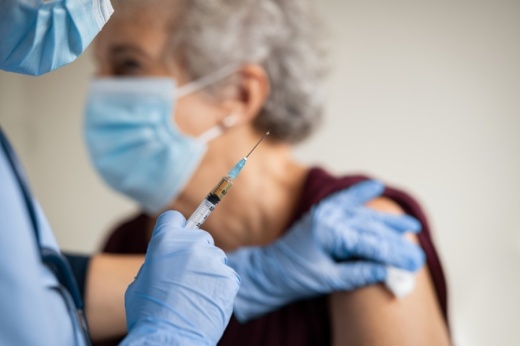State officials have not yet announced how many doses of the Moderna vaccine Texas would receive if the FDA were to authorize it, but Gov. Greg Abbott said in a Dec. 17 press conference that he expects a shipment soon.
The panel's vote come one week after its nod to a similar vaccine produced by Pfizer. The FDA followed through with EUA for that vaccine within a day, clearing the way for vaccinations of front-line health care workers to begin this week. However, the United States is only guaranteed 100 million doses of the two-dose Pfizer vaccine, enough to vaccinate 50 million Americans. With Moderna's offering in circulation, access to vaccines will expand.
Upon voting, one panelist, Dr. James Hildreth, praised the development and efficacy of both vaccines as "a remakable scientific achievement."
"To go from having a [genome] sequence of the virus in January to having two vaccines available in December, it's a remarkable achievement, and I just want to congratulate all who are involved," Hildreth said.
Moderna's vaccine mirrors Pfizer's in its use of messenger RNA to induce the production of antibodies in host cells. It has exhibited 94.1% efficacy in late stage clinical trials after two doses. According to an FDA representative, the vaccine may exhibit some efficacy after one dose, but a specific rate is not yet known, as almost all trial participants received two doses.
Like the Pfizer dose, Moderna's requires cold-chain storage technology, but not at such low temperatures—Pfizer's must be kept frozen at minus 94 degrees Fahrenheit, and Moderna's must be kept at minus 4 degrees Fahrenheit.
Also as with Pfizer, Moderna's trial participants experienced few severe side effects. The FDA saw no evidence of anaphylactic allergic reactions to the Moderna dose. Some isolated instances of Bell's Palsy facial paralysis occurred but were not determined to be caused by the vaccine. Three participants experienced swelling at the site of previous cosmetic injections, a reaction that was quelled with antihistamines.





